Boomplay’s Martha Huro on why streaming is key to beating music piracy
Martha Huro is all about building relationships. With a background in marketing, it is something that comes naturally to her. It also helps that she is not only a consummate professional, but genuinely passionate about what she does.
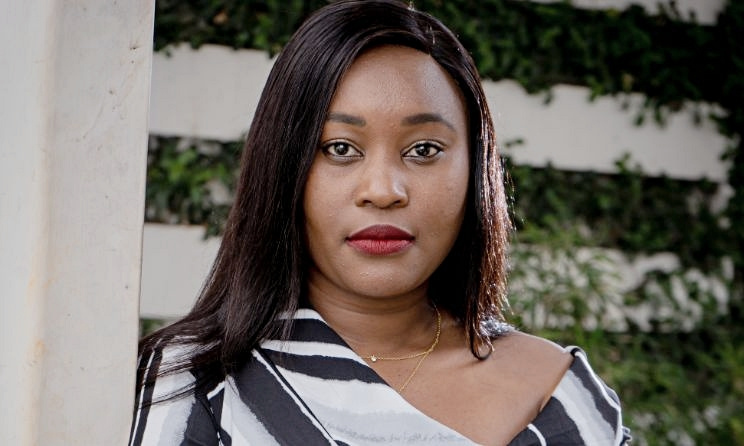 Boomplay East Africa managing director Martha Huro.
Boomplay East Africa managing director Martha Huro.
“My passion has always been in tech, music and the creative industry as a whole,” she tells Music In Africa. “But when it comes to the music business, this is where I thrive. I am known in the industry as a ‘plug’.”
As Boomplay’s East Africa managing director, Huro’s job is to demystify the streaming business for both content creator and user.
“To do this, we have to build and strengthen the relationships by ensuring we have a platform that is transparent. This is because when it started, many artists didn’t understand the streaming concept and a number of them were taken advantage of, so there was a lot of mistrust.”
This is a strategy that appears to be working for Boomplay, which boasts more than 15 million monthly users (MAUs) across East Africa, a remarkable accomplishment since 2017, the year that Huro joined the company as a senior marketing officer. Back then, there were less than 500 000 MAUs.
But it is not all about numbers and growth curves for Huro, who says Boomplay’s story isn’t that of streaming alone. “Boomplay’s aim is to support the African music industry to attain its potential. Our features and plans are geared towards this. We are very passionate about the industry and the business.
“There’s music making and there’s music business. We have many talented artists who can make music but they don’t know the business aspect of music,” Huro says, adding that in Kenya there are three main aspects ailing the industry: policy issues, cost of production, and knowledge availability.
Because policy implementation in intellectual property (IP) largely falls within the remit of the government, Boomplay has sought to address it through speaking directly to music creators.
“Some artists don’t understand what IP is, so how can they protect it? There’s also a need for education on how to commercialise your craft, how to properly package it, and how to position yourself as a brand. This is why we have committed to changing this by holding workshops for artists and other industry stakeholders to fill this knowledge gap regularly.
“This works, because once you speak to artists, they’re willing to apply the knowledge passed on to them to manage their craft better. The importance of these workshops is that artists discover things they didn’t even know they needed, so if we can get more organisations and people willing to conduct education, the industry will gradually grow for the better.”
The high cost of quality production, Huro believes, is exacerbated by a shortage of equipment in the East African region. This is something she hopes will change soon to allow as many artists as possible to get into the game.
“Music or entertainment in general is a time-bound undertaking. Sometimes you have to keep up with the trends, and without the resources, one is likely to miss out. That’s why you’ve seen that sometimes an artist will announce the release of an album, then they will push back the date. This is because the ratio between producers and artists is so skewed. So if you want somebody to mix and master, you have to wait in line behind, say, 10 people.”
Huro is also passionate about fighting music piracy, a menace for the industry that continues to strike at the core of creative businesses while denying artists the opportunity to earn from their work.
“What many people don’t know is that music production work is blood, sweat and tears. And all this hard work is negated by piracy. In Kenya alone, the creative industry loses close to Ksh250m [$1.8m] per day to piracy. It’s a nuisance, but if you have proper policies in place, this is something that can be dealt with over time. However, it’s not going to happen tomorrow or next year. I mean, we have so many DSPs [digital service providers], but piracy is that one competition, because why buy when they can get it for free?”
Boomplay is a member of Partners Against Piracy (PAP) Kenya, a lobby group leading the fight against music piracy, and Huro hopes their efforts will yield positive results so that the creative industry can reach its true potential.
“This is where streaming comes in. If people are willing to consume music, why not use a legal platform? Even people who review data have been puzzled, because how do you explain the amount that you are losing in a day yet people are consuming content on DSPs? People need to be encouraged to use legal platforms because they are willing and they just need to be directed.”
As her parting shot, Huro urges artists to not only develop their identity but to seek different ways of earning from their work. Yet her main appeal is reserved for music consumers, whom she believes hold the key to the elimination of piracy. “Think about the artists and stream music legally,” Huro says.


















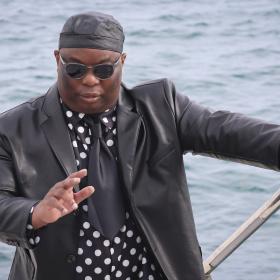
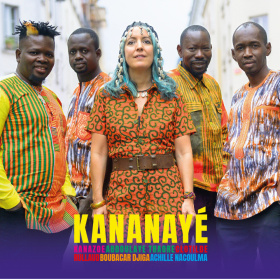





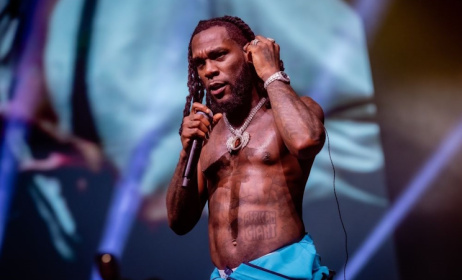


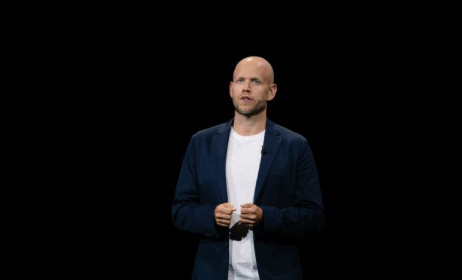
Commentaires
s'identifier or register to post comments